20 November, 2024
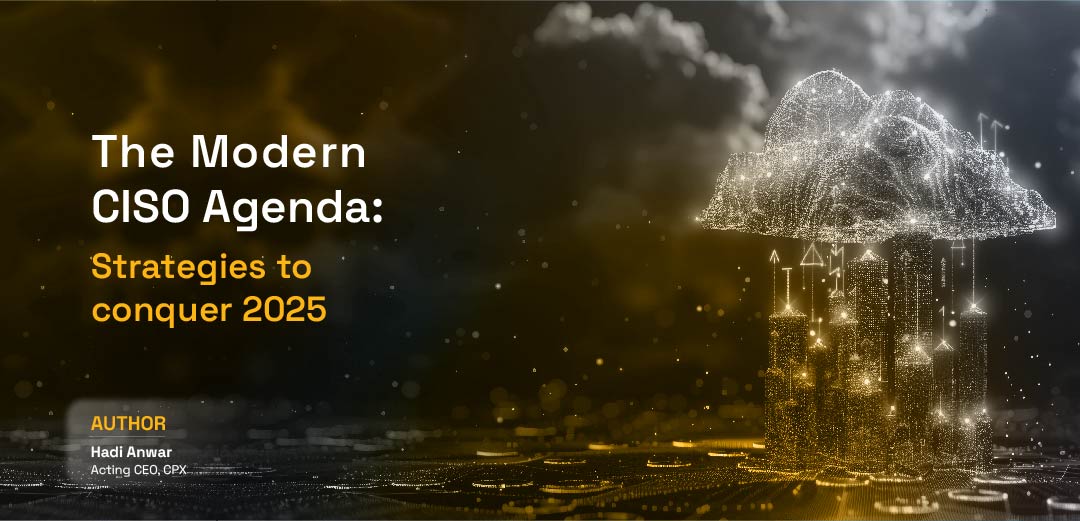
The role of the Chief Information Security Officer (CISO) has come a long way. What was once a position focused on managing incidents and ticking compliance checkboxes has now evolved into something much bigger. Today, CISOs have entered the boardroom, working closely with the CEO and integrating cybersecurity into strategic planning.
As we move into 2025, CISOs will face new challenges and opportunities. Here are the top priorities they must focus on to secure their organizations and drive resilience:
Cyber experts as you need them
With the growing complexity of cyber threats and the heightened focus on regulatory compliance, companies of all sizes are recognizing the need for a dedicated security professional to oversee their security and data protection efforts. When struggling with recruiting the expertise in house, CISO-as-a-Service can help fill the gap.
CPX’s CISO-as-a-Service offering delivers seasoned professionals who can develop and implement customized security strategies for your business. From addressing quantum risks to implementing Zero Trust, our experts collaborate with you to anticipate challenges, close security gaps, and ensure compliance with global standards.
I invite you to collaborate with CPX to build a culture of cyber transparency and resilience. Together, we can work on creating robust strategies to detect and neutralize threats before and when they arise and help your business run smoothly with minimal disruption.

21 November, 2025
Red Teaming vs. VAPT: Choosing the right test for stronger cyber ...
Read now

13 November, 2025
Compliance isn’t security: The hidden risks of a checkbox approach
Read now

29 October, 2025
GraphQL Abuse: The silent killer in API security
Read now
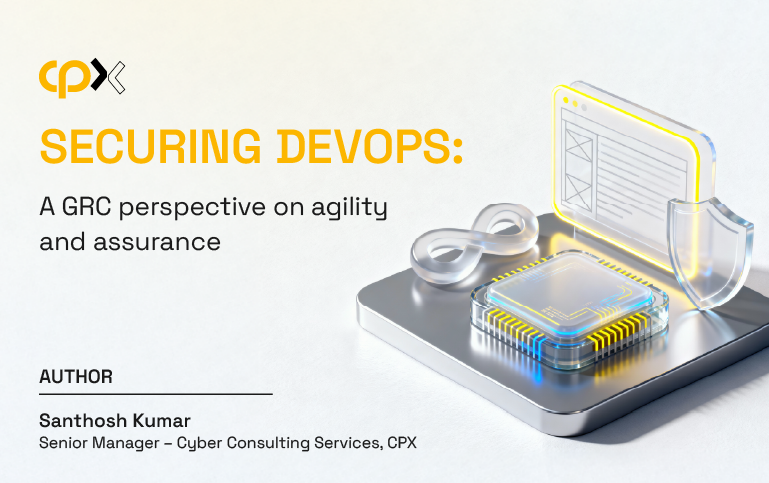
22 October, 2025
Securing DevOps: A GRC perspective on agility, assurance and secu...
Read now
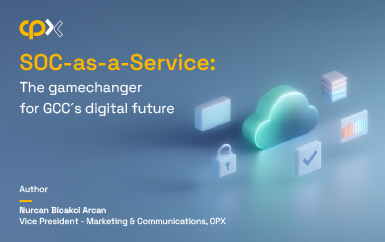
08 October, 2025
How SOCaaS can power transformation and foster innovation in GCC
Read now
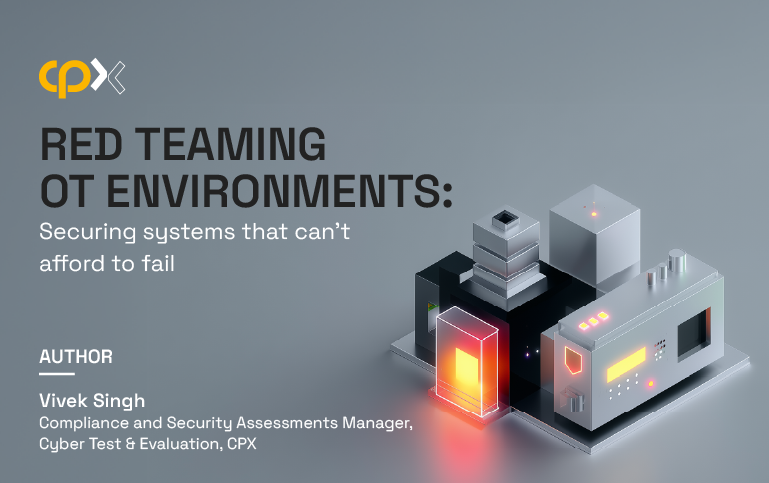
26 September, 2025
Why is red teaming a must for OT systems
Read now

19 September, 2025
UAE cybercrime statistics 2025: Key data and trends
Read now
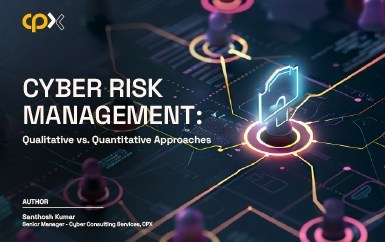
17 September, 2025
Cyber Risk Management: Qualitative vs. Quantitative Approaches
Read now
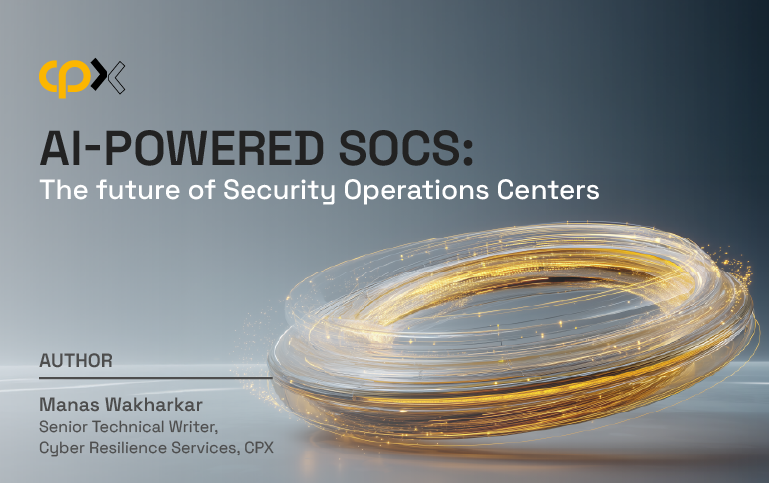
10 September, 2025
Why AI-powered SOCs are the future of cyber defense
Read now
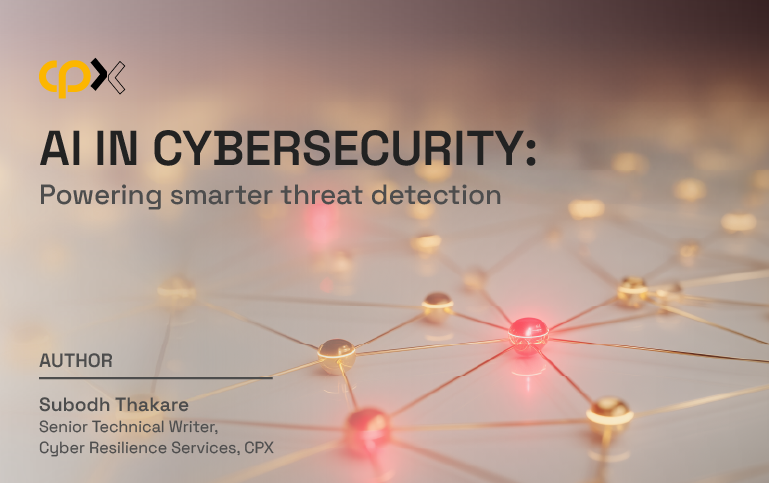
03 September, 2025
How AI is transforming cybersecurity and threat detection
Read now
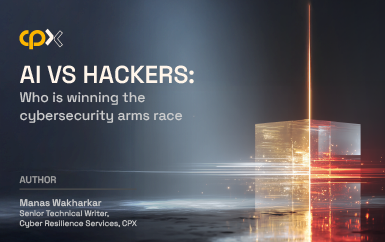
29 August, 2025
AI vs Hackers: Who is winning the cybersecurity arms race
Read now
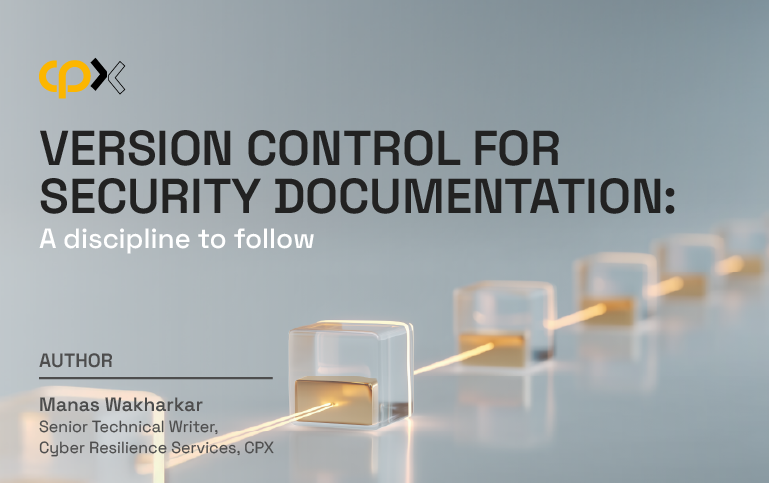
28 August, 2025
Why every cybersecurity team needs document version control
Read now
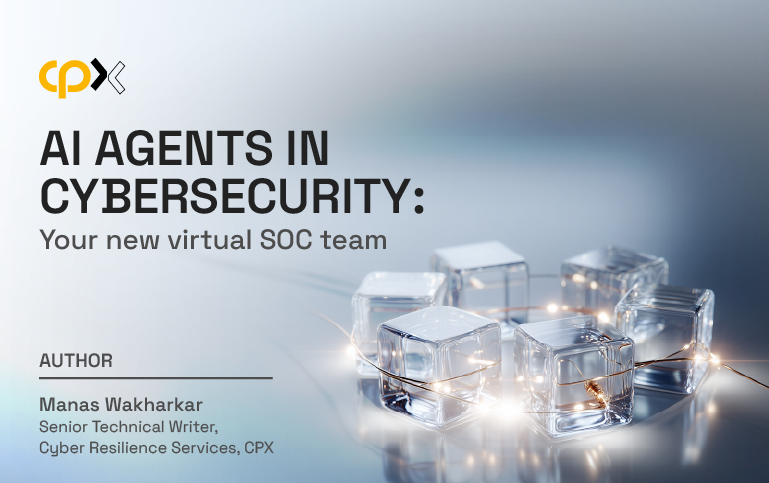
27 August, 2025
AI agents in cybersecurity: Your new virtual SOC team
Read now
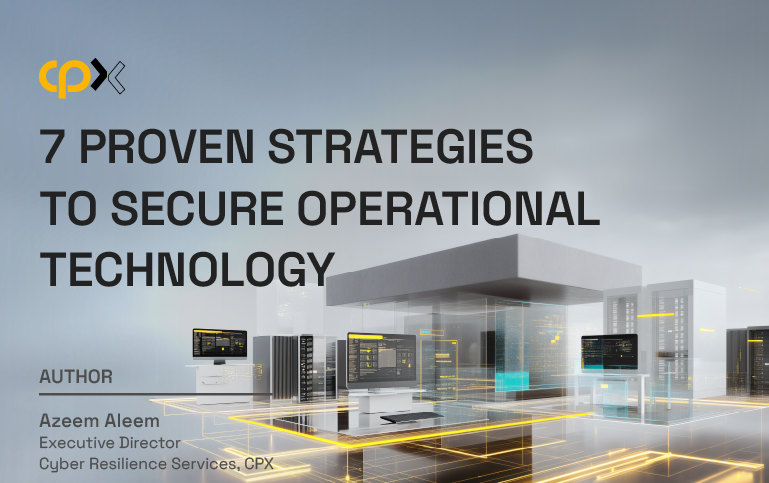
21 August, 2025
Securing Operational Technology: Challenges and best practices
Read now

17 July, 2025
Red Teaming in cybersecurity: Why thinking like a hacker matters
Read now
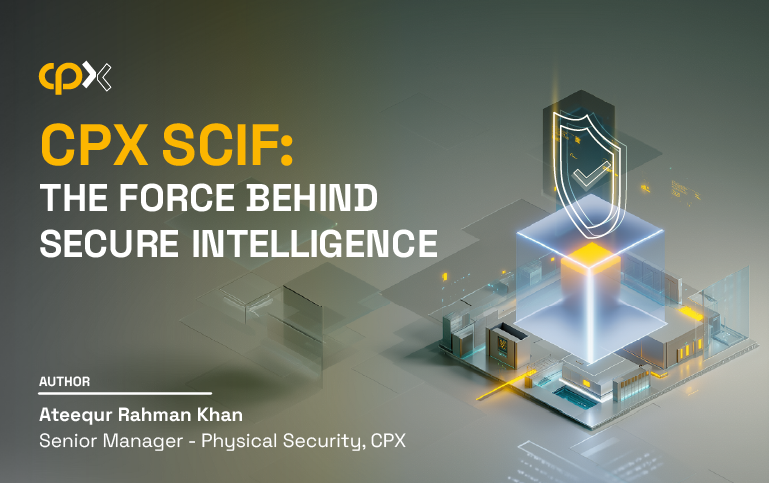
21 May, 2025
What is a SCIF? Inside the CPX Secure Compartmented Information F...
Read now
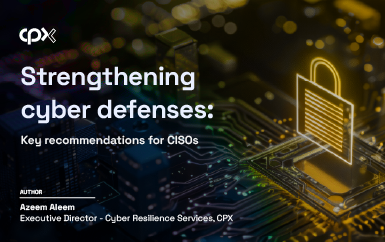
21 April, 2025
Cybersecurity in the UAE: What CISOs must prioritize today
Read now
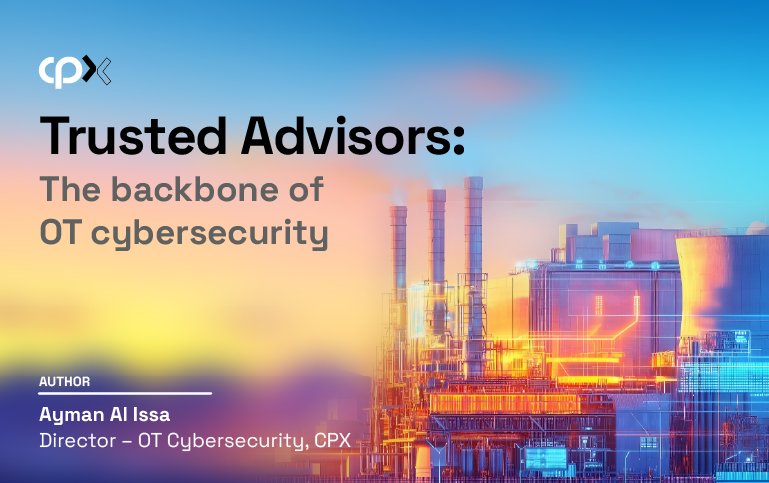
18 March, 2025
The critical role of trusted advisors in OT cybersecurity
Read now
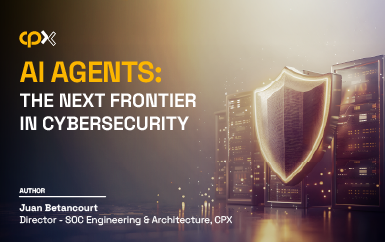
14 February, 2025
AI Agents: The new arsenal CISOs need
Read now

27 January, 2025
Make your AI work right: A framework for secure and ethical AI
Read now
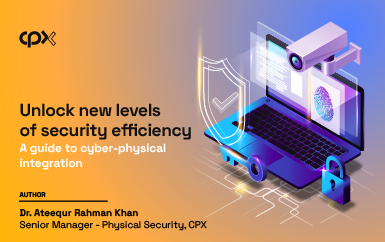
14 January, 2025
Revolutionizing SOC efficiency: The power of cyber-physical integ...
Read now
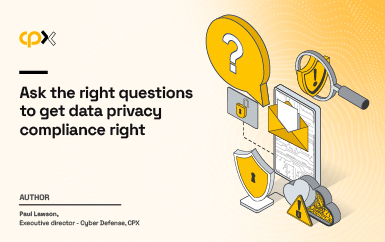
30 August, 2024
Ask the Right Questions to Get Data Privacy Compliance Right
Read now
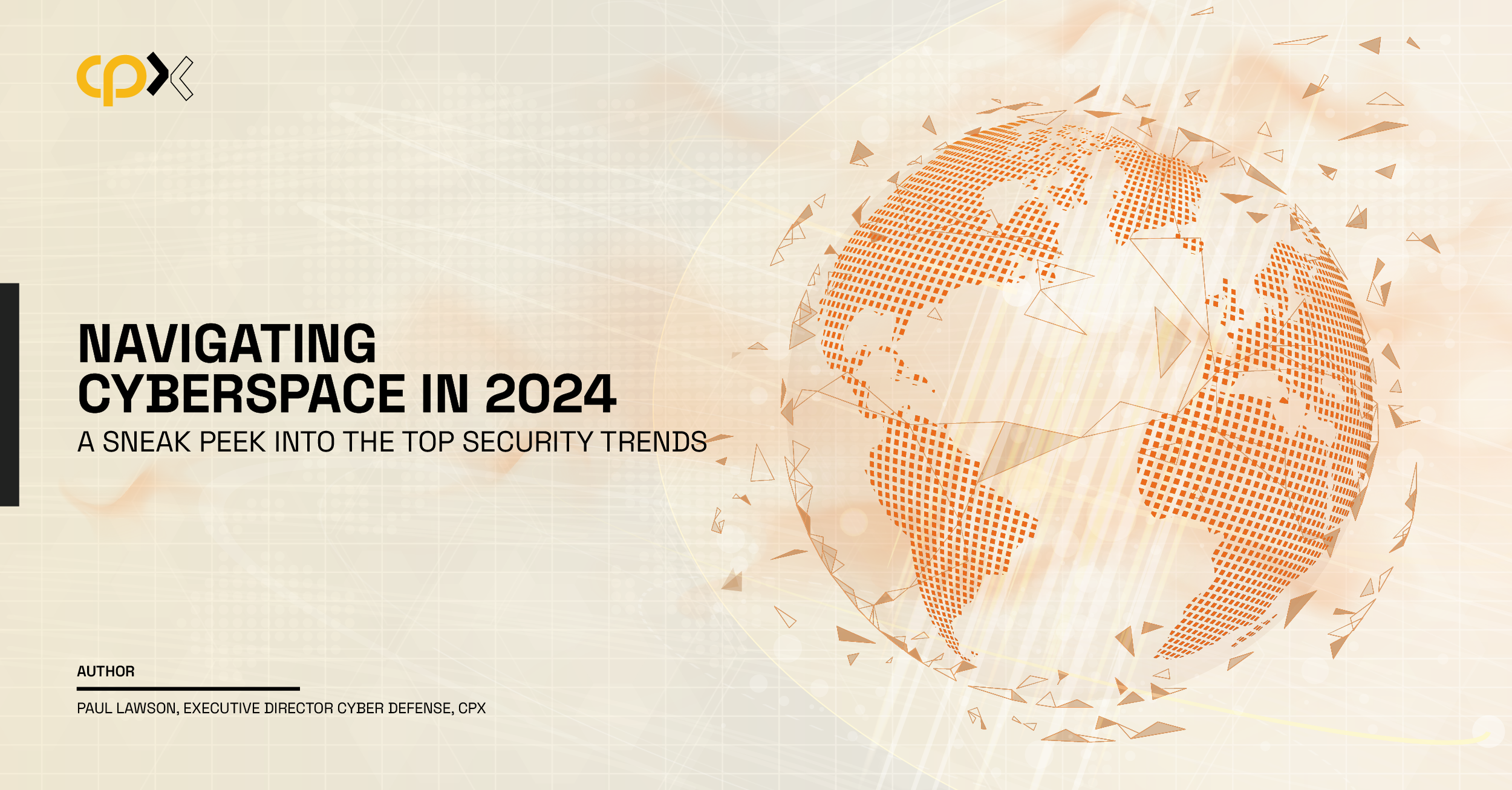
29 December, 2023
Navigating Cyberspace in 2024: A Sneak Peek into the Top Security...
Read now
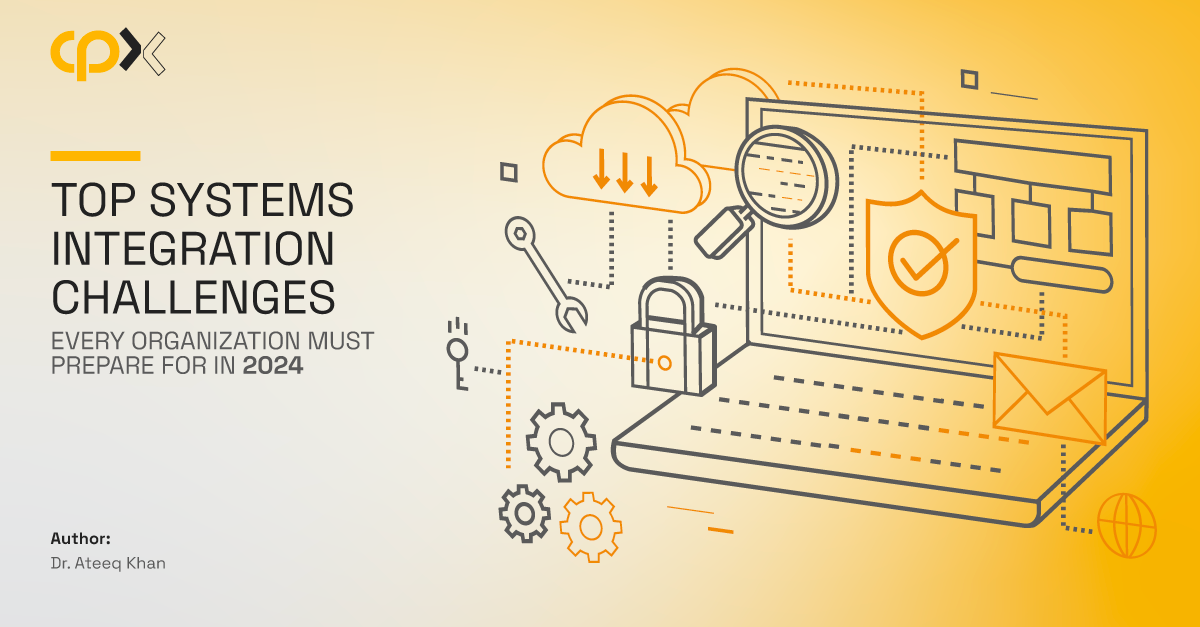
14 December, 2023
Top systems integration challenges every organization must prepar...
Read now
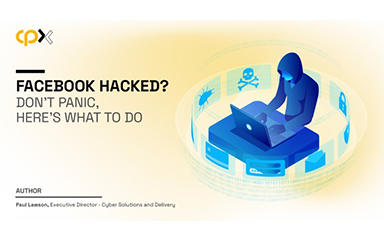
29 August, 2023
Help ! My Facebook has been hacked
Read now

20 July, 2023
Security Product Research in the Lab: A fair chance to prove your...
Read now
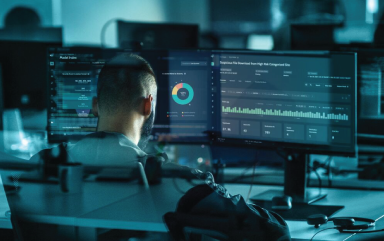
20 July, 2023
The Cyber Security Conundrum: Balancing Ego and Expertise
Read now

20 July, 2023
The Internet Never Forgets
Read now
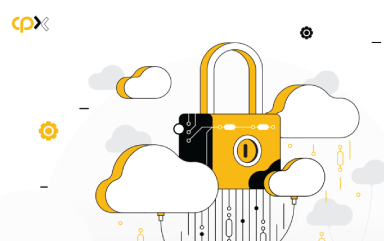
20 July, 2023
Top Cloud Security Risks and How to Address Them
Read now

20 July, 2023
Why Continuous Education, Training and Awareness are Essential fo...
Read now
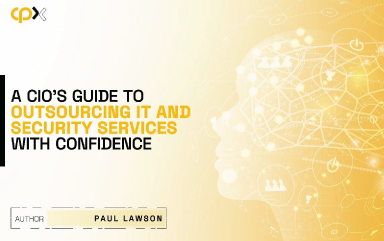
02 May, 2023
A 5-Star Partner: Priming Your IT and Security Services for Success.
Read now
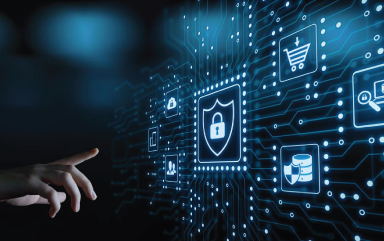
02 May, 2023
AI and Cybersecurity: A Tale of Innovation and Protection
Read now
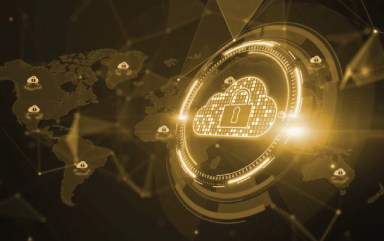
02 May, 2023
How to Select a Secure Cloud Model, One Size Does Not Fit All
Read now

02 May, 2023
Making Sense of Public Ratings in Product Selection Process
Read now

02 May, 2023
Privacy Compliance: A Four-Step Approach
Read now

02 May, 2023
Securing Your Website – Gaining Online Customers’ Trust
Read now
CPX values your privacy and the security of your personal information. This Privacy Policy outlines how we use the information that we collect from you when you visit this website. Any personal information we collect from you during your use of the website will be used in accordance with this Privacy Policy.
4th floor, Z23
Mohamed Bin Zayed City
Abu Dhabi, United Arab Emirates
For immediate assistance, CALL 8002255279
©CPX 2025. All rights reserved. Privacy policy | Terms of use

Please share your details to download the report.
